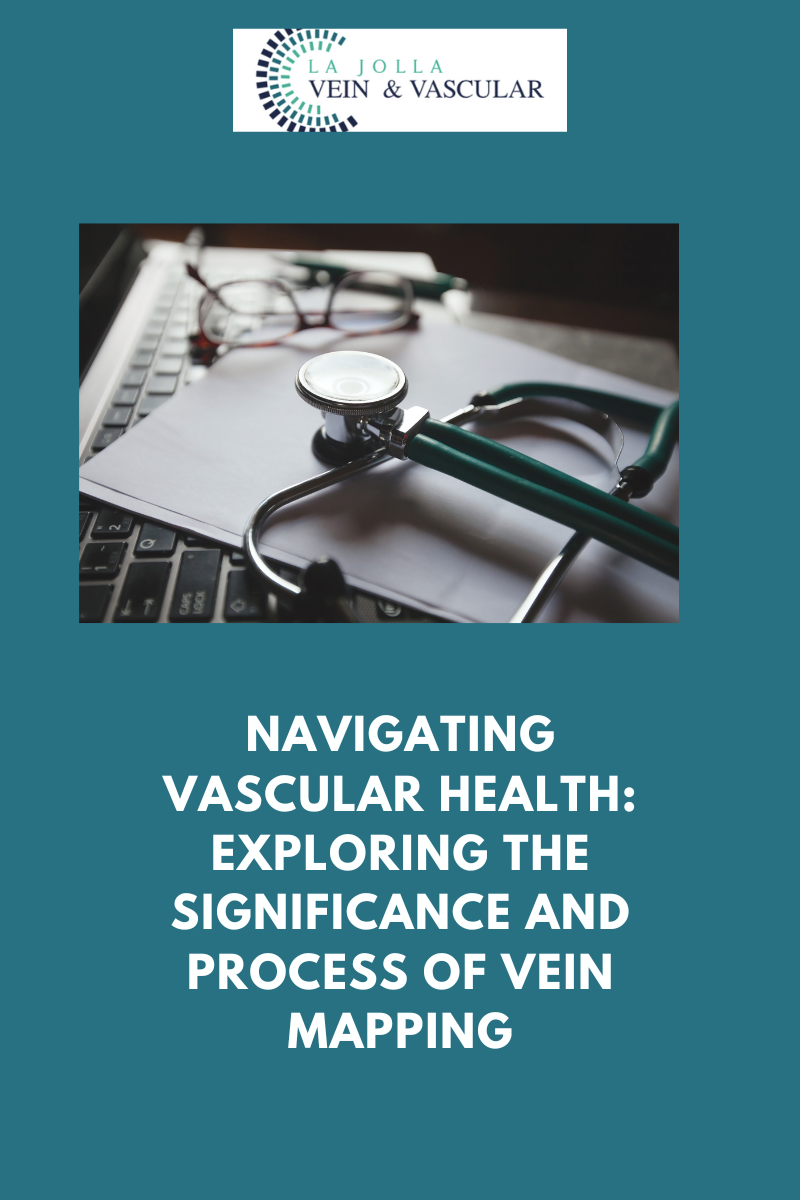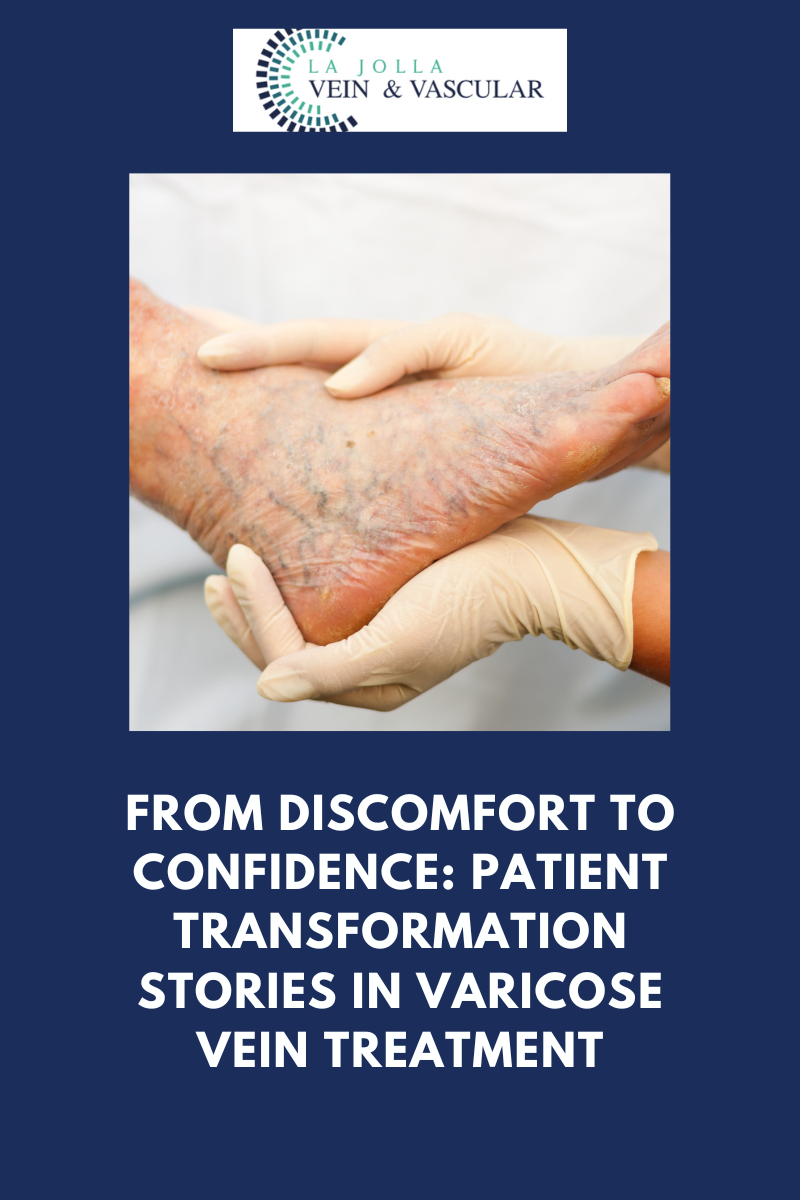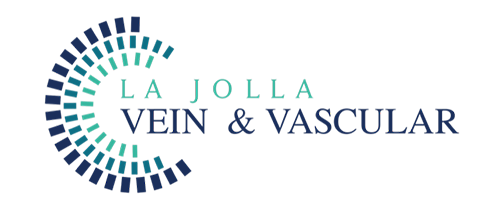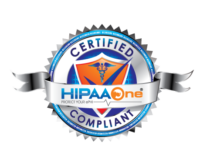What is the Relationship Between Leg Cramps and Venous Disease?
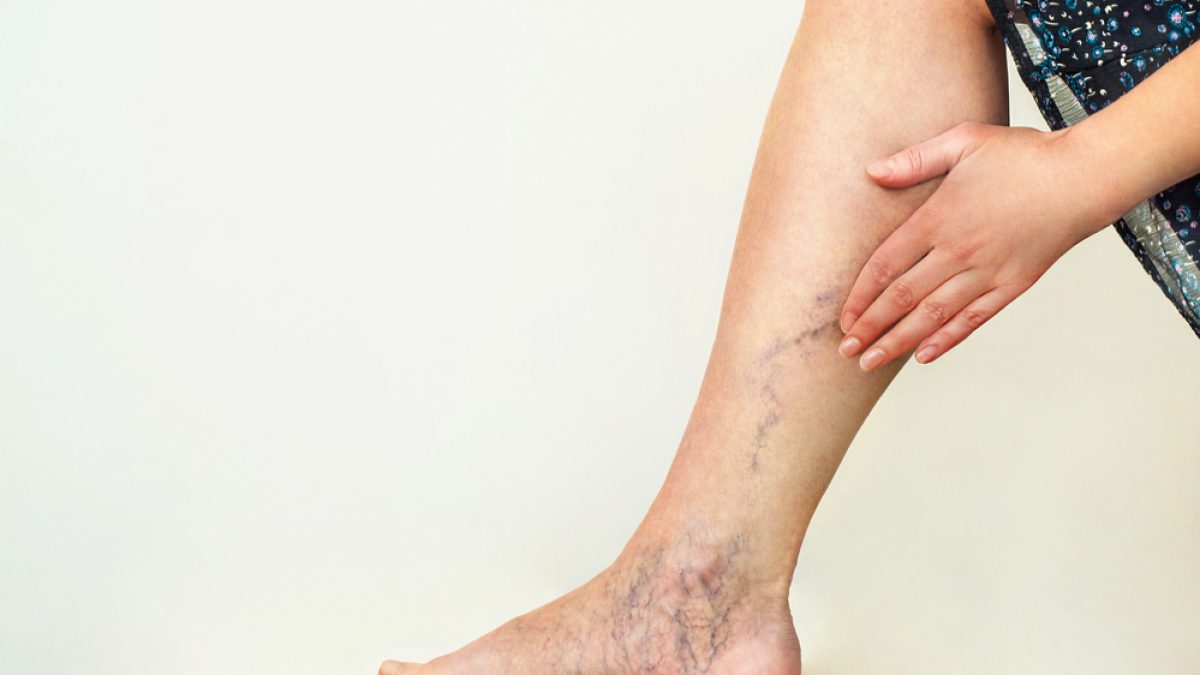
Leg cramps occurring at night (nocturnal leg cramps) are a common symptom of venous disease. In fact, in the San Diego Population Study, leg cramps were the second most common symptom in people with the venous disease with a prevalence of 14.3%. Leg aching (17.7%) was the most common complaint and tired and swollen legs were also predominant symptoms.
Healthy veins collect the de-oxygenated blood from the tissues. The venous blood, which is low in oxygen and high in waste products is returned to the heart and lungs where it is replenished with oxygen and nutrients. In diseased veins, the blood circulates poorly, allowing blood to pool and become stagnant. The exact mechanism that causes cramping in the legs is uncertain. But, when the cramping is caused by poorly functioning veins, the symptoms are often alleviated by correcting the underlying problem. Conservative measures, such as elevating the legs, walking regularly, and wearing compression stockings therapy may reduce the frequency of night cramps. Treating the underlying venous insufficiency may be curative.
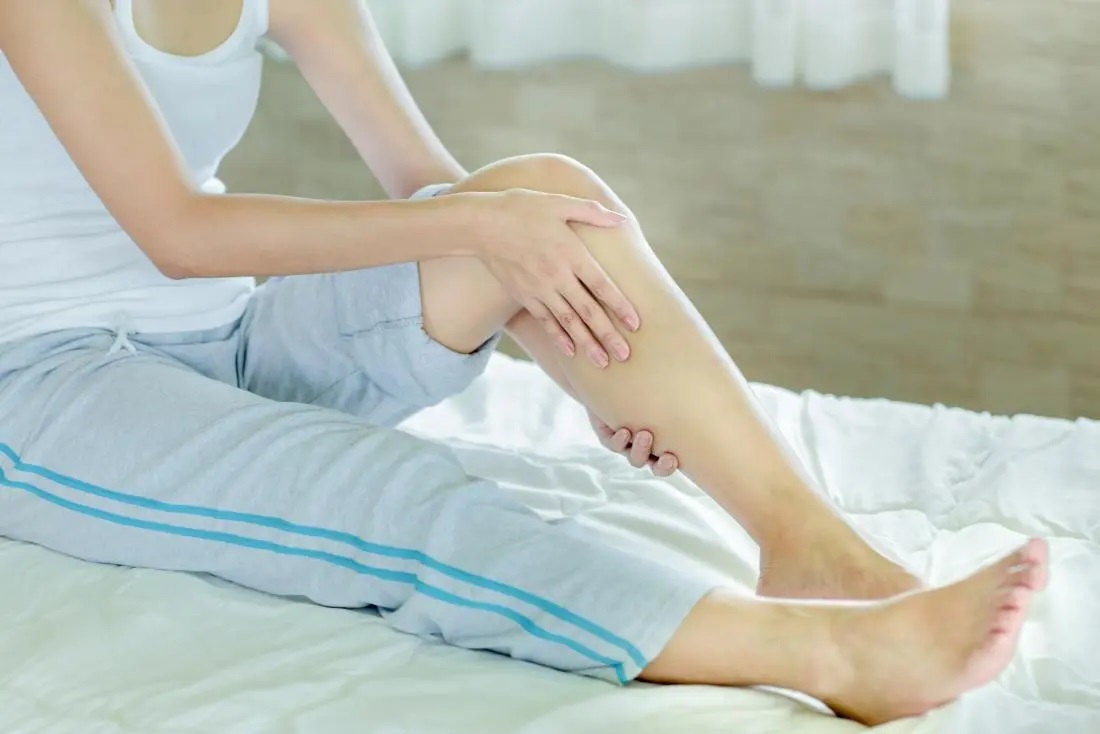
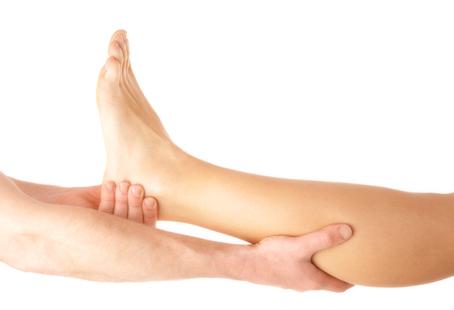
Varicose Veins and underlying venous insufficiency are a common cause of night cramps, or leg cramps occurring at night. They most frequently affect the upper legs, causing cramping in the thigh but may cause calf cramping.
There are many causes for leg cramps and if you suffer from night cramps it is important to be properly evaluated to determine the cause. Cramps that occur with exercise are more likely to be associated with a more serious condition. If your muscles cramp with walking for a short time and recover with rest this may indicate arterial disease. Other causes for leg cramps include muscle injury, thyroid conditions, pregnancy, electrolyte imbalance, dehydration, or other causes.
To help identify the cause, it may be helpful to keep a log of daily activities, or changes in activities; for example, heavy exertion may indicate a muscular cause or long periods of standing or sitting may favor the venous disease. A recent study showed that prolonged standing at work may be an important risk factor for varicose veins and nocturnal leg cramps.
Check with your primary care physician to rule out other causes for leg cramps. Blood tests can check for thyroid, kidney, and electrolyte conditions. You may also have undiagnosed venous reflux.
At La Jolla Vein Care, our vascular imaging scanners help us detect vascular causes of leg pain. For example, we can utilize one of our three duplex ultrasound imaging systems to scan for blood clots in the leg veins (deep venous thrombosis), venous insufficiency and identify significant problems in the arterial circulation.
Call us for more information about our vascular imaging services at 858-550-0330.

